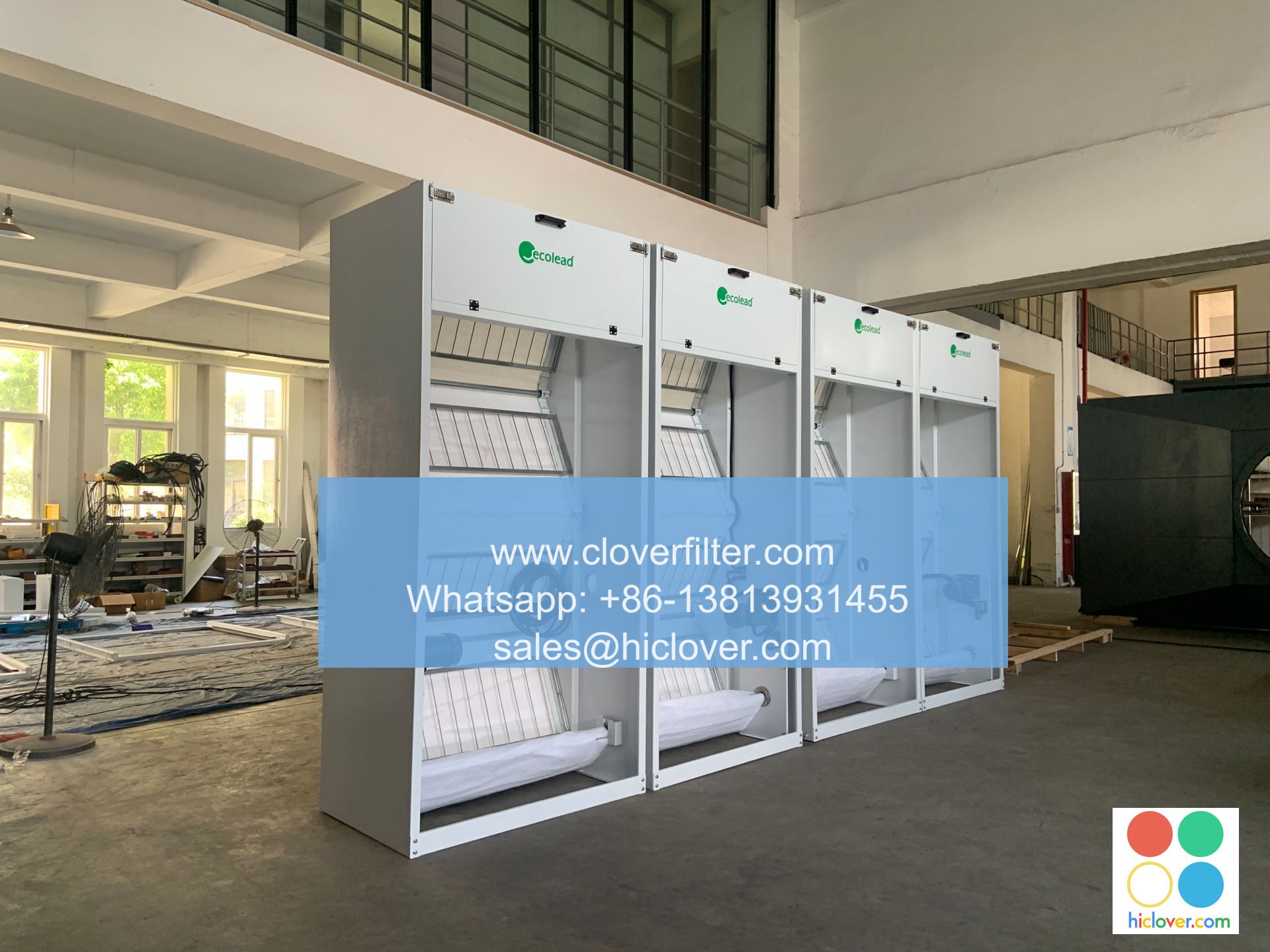The Benefits of Regular Air Filter Testing for Your Home

The Importance of Regular Air Filter Testing for a Healthier Home
Maintaining a clean and healthy indoor environment is crucial for the well-being of you and your family. One often overlooked aspect of indoor air quality is the humble air filter. However, regular air filter testing can help ensure that your home is free from allergens, contaminants, and pollutants. In this article, we’ll explore the benefits of regular air filter testing and highlight various application areas where it’s essential.
- Improved Indoor Air Quality: Air filters are designed to capture airborne contaminants, including dust, pollen, and pet dander. Regular testing ensures that these filters are doing their job effectively, resulting in cleaner air for you and your family to breathe.
- Reduced Allergy and Asthma Symptoms: For individuals with allergies or asthma, poor air quality can exacerbate symptoms. Regular filter testing helps identify and address potential issues, reducing exposure to irritants and allergens.
- Increased Energy Efficiency: A clean air filter can improve the performance of your HVAC system, reducing energy consumption and saving you money on your energy bills.
- Extended Equipment Life: Clogged or dirty air filters can lead to equipment failure and costly repairs. Regular testing ensures that your air filters are clean, extending the life of your HVAC system.
- Residential Homes: Whether you’re a homeowner or renter, regular air filter testing is crucial for maintaining a healthy indoor environment. Test your filters every 1-3 months, depending on usage and environmental factors.
- Commercial Properties: Offices, schools, and businesses can benefit from regular air filter testing, ensuring a healthy and productive work environment.
- Healthcare Facilities: Hospitals, clinics, and medical offices require strict standards for indoor air quality. Regular air filter testing is critical for maintaining a clean and sterile environment.
- Visual Inspection: Check your filter for visible signs of damage, such as tears or holes.
- Measure the MERV Rating: Check the Minimum Efficiency Reporting Value (MERV) rating, which indicates the filter’s ability to capture particles of a certain size.
- Conduct a Pressure Drop Test: Use a manometer to measure the pressure drop across the filter, indicating its effectiveness.
How to Test Your Air Filter
Conclusion
In conclusion, regular air filter testing is essential for maintaining a healthy and comfortable living or working environment. By implementing a regular testing schedule, you can ensure that your air filters are effective at capturing airborne contaminants, improving indoor air quality, and reducing the risk of equipment failure. Don’t neglect this crucial aspect of your home or business – test your air filter today and breathe easier knowing that you’re doing your part to ensure a healthy and safe environment.
It looks like you’re ready to get started! What would you like to talk about or ask? I’m here to help with any questions or topics you’d like to explore.


